A third of the way through the 2023 NCAA regional tournament game, Ball State held a two-run lead against West Virginia.
This changed fast, with the Mountaineers opening the fourth inning by hitting four home runs in four at-bats. Quickly, the Cardinals postseason dreams faded.
This season, Ball State looks not only to get back to the NCAA regional but to go further.
This winning culture has become a staple of Ball State baseball and something that has not been unrecognized by the team.
“I think we just need to trust the process. I mean, our coaches… they've been there. The coaches are experienced; they know what needs to be done,” junior center fielder Houston King said. “We just need to trust their process and go play our game.”
For Maloney, winning is the culture he aims to create, something he has tried to perfect as he approaches 30 years of experience.
Across the past four years, Maloney’s team has averaged 38 wins per season.
“I’m excited about this year's team,” Maloney said. “The talent that's been added with a mixture of the guys that are back who've won a lot of games, I think the combination of the two gives us a chance to be pretty good.”
Even with this winning mindset at the helm, last season was the first time since 2006 — and the first of the Maloney era — that Ball State won the Mid-American Conference (MAC) tournament championship.
It was also the first time the Cardinals found themselves in the NCAA regional tournament in Maloney’s tenure.
Following Ball State's early tournament exit, the Cardinals faced a slew of roster changes, a pattern that quickly spread across the MAC.
Change has become a facet of college athletics, and nowhere has this become more apparent than in the world of baseball.
“I think there's five new coaches in the league, so there'll be a different energy,” Maloney said. “All of those guys will work really, really hard… and they know how to win.”
With close to 20 percent of all active players entering the transfer portal each year, change does not only occur within losing programs that are looking to make adjustments.

Winning carries its own penalty
In only his second year as Ball State’s baseball recruiting coordinator, Alex Maloney had his hands full.
Positionally, he faced the expectation of refilling a heavily depleted roster full of new talent in both the infield and outfield. On the other side, he bore the weight of a heavily depleted pitching core, where major questions loomed about how the Cardinals could replace the kind of production they received from their top pitchers last season.
Maloney turned this situation into an off-season strongpoint for the Cardinals, who were able to bring in a recruiting class of 21 new student-athletes.
“A big part of why people want to come here is the winning program,” senior outfielder Decker Scheffler said. “Every year you lose all these guys to graduation, transfer, draft and all this stuff. Then new guys come in, and this success continues.”
Highlighting Ball State’s transfer class are a pair of juniors who both show promise of becoming major contributors for the Cardinals this season: junior infielder Michael Hallquist and junior pitcher Merritt Beeker.
Hallquist transferred from Division II Minnesota-Crookston where he earned NCBWA All-American honors along with a spot on the 2023 D2CCA All-American Second Team. After accruing 22 home runs and 65 RBIs during the course of last season, Hallquist was also named the 2023 Player of the Year in the Northwoods League.
Beeker comes in from Division I East Carolina University, where he made 19 appearances, pitching with an ERA of 2.95. Beeker was the No. 11 prospect in the American Conference in the 2023 MLB Draft.
“The new guys have done a great job of buying into the culture and the team, and I'm excited to see how we do,” graduate pitcher Tanner Knapp said.
While core players like 2023 MAC Second Team shortstop and MAC Tournament MVP Adam Tellier joined No. 1 ranked Wake Forest during the offseason, there is a young crop of talent ready to make their mark at Ball State.
“We’ve got a lot of great players that are already in the house,” Maloney said. “It’s time for somebody else to step up and keep the tradition going.”
Returning to the Cardinals is a collection of tenured veterans — including their entire senior class — combined with a handful of underclassmen looking to continue their success at Ball State.
Knapp is one of these veterans, entering his third year as a Cardinal. In his time at Ball State, he’s appeared in just 21 innings as a pitcher, but he has made an impact at the plate and as a leader to his newer teammates.
“It's definitely a little emotional, knowing that more than likely it's my last dance here at Ball State and with baseball in general, but also, it's motivating,” Knapp said. “To come back knowing I was going to be one of the veterans, one of the leaders here, I’m just trying to teach all the younger guys the Ball State way, how we do things and the winning culture.”
Another key piece for the Cardinals returning is junior catcher Hunter Dobbins. The Mt. Vernon High School graduate has been consistent since arriving at Ball State, scoring 29 runs in his freshman season and following it up with 31 in his sophomore season.
Along with his success at the plate, Dobbins has made a huge impact behind it. Across the past two seasons, Dobbins has earned a fielding percentage of 99.3 and has recorded 405 pop-outs.
“I love it here… We win, and that's really all I care about. I love to win, but I'm a big team guy,” Dobbins said. “So for me, it was that I wanted to be a junior here, and I wanted to be the next leader here.”
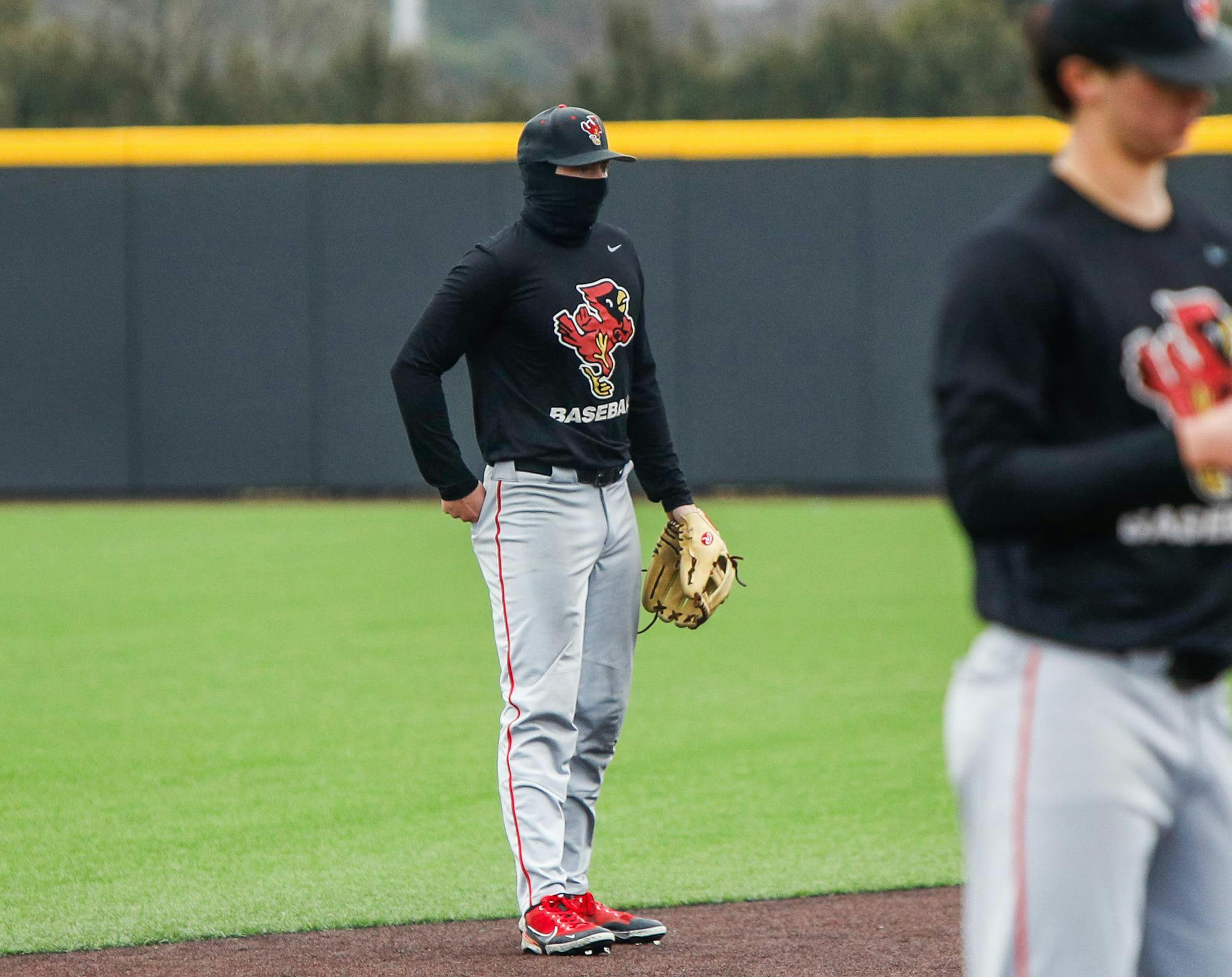
Ball State baseball player stands ready for the next batter during a practice scrimmage Jan. 26 at First Merchants Ballpark Complex. Andrew Berger, DN
Dobbins said one of his best friends on the team is Scheffler, and being able to lead with him this season is very exciting.
For Scheffler, this excitement was echoed.
Entering his fourth year with the Cardinals, Scheffler comes off of his best collegiate season yet in the batter’s box. Last year, he accumulated 46 runs and 49 RBIs in 196 at-bats for a batting average of .378 on the season.
Along with this offensive success, his performance in the outfield was also noteworthy. With 145 pop-outs accumulated, he earned a fielding percentage of .980.
“Coach made it aware to me after last year that I was going to be one of our leaders. So I've taken that role; I've enjoyed that role,” Scheffler said. “Playing in regionals is a good way to motivate this year's team to want the same thing.”
Aside from the returning upperclassmen, there are a handful of underclassmen looking to make an impact this year.
Freshman pitcher/outfielder Keegan Johnson is set to be one of those impact players.
In high school, Johnson was a dual-sport athlete, playing baseball and football. Though he made statement performances in both sports, he committed to Ball State baseball his sophomore season.
“I'm hoping to be a really good baseball player, and I'm hoping to learn a lot from my coaches,” Johnson said. “I'm hoping to get a lot of innings, as I've been working really hard trying to get my chance.”
Alongside Johnson is sophomore pitcher/first baseman Blake Bevis, a player Maloney said is one to watch.
In his lone season with the Cardinals, Bevis averaged a .273 batting average, hit 11 home runs, and had 39 RBIs. In the outfield, he recorded 314 pop-outs and garnished a fielding percentage of .985.
“We’ve been very consistent,” Maloney said. “Names change, but we’ve still managed to be reasonably successful, and that is the challenge this year with losing all those great players.”
Overall, Maloney and his team are confident in their ability to mesh, regardless of the roster changes made after the departure of some of last season’s key players.
“To be the best, you want to play the best,” Maloney said. “We don't take a backseat to anybody. It's just a mentality we've had for a long, long time in our program. We love to compete, and sometimes you win, sometimes you lose and then you learn from it.”
The Cardinals will have their first opportunity to prove it when they open their season in Charleston, South Carolina, for the Swig and Swine College Classic. First pitch in game one of the four-game series is at 1 p.m. Feb. 16.
Contact Trinity Rea or Nick Shelton with comments via email at trinity.rea@bsu.edu, nicholas.shelton@bsu.edu, or on X @thetrinityrea @NickS9954

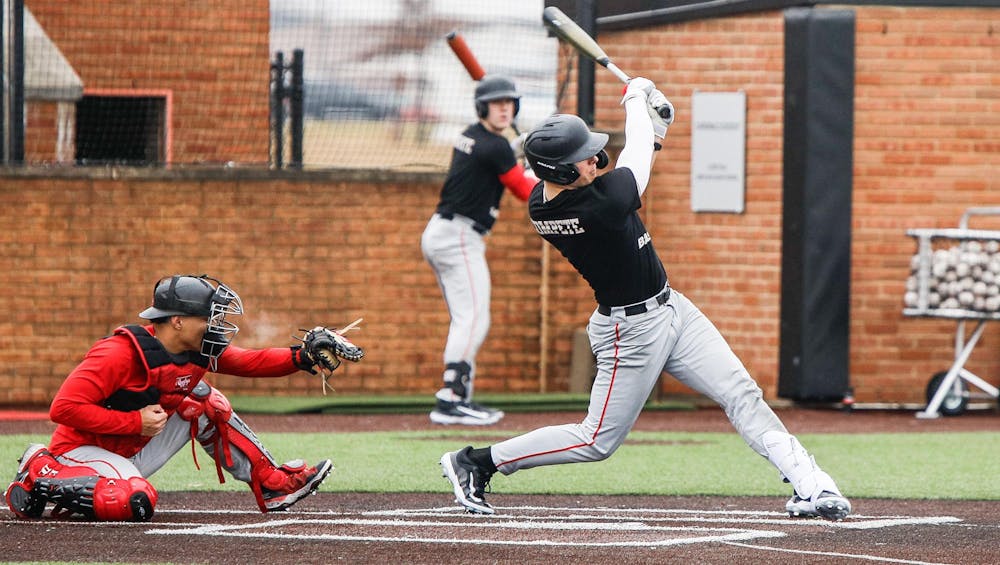
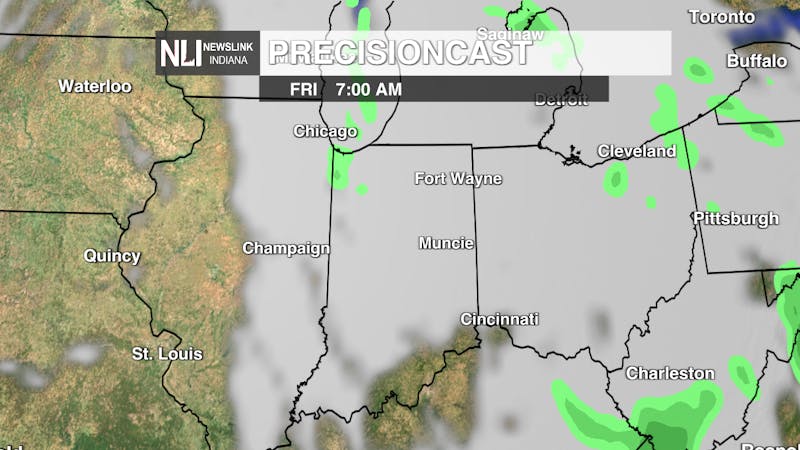
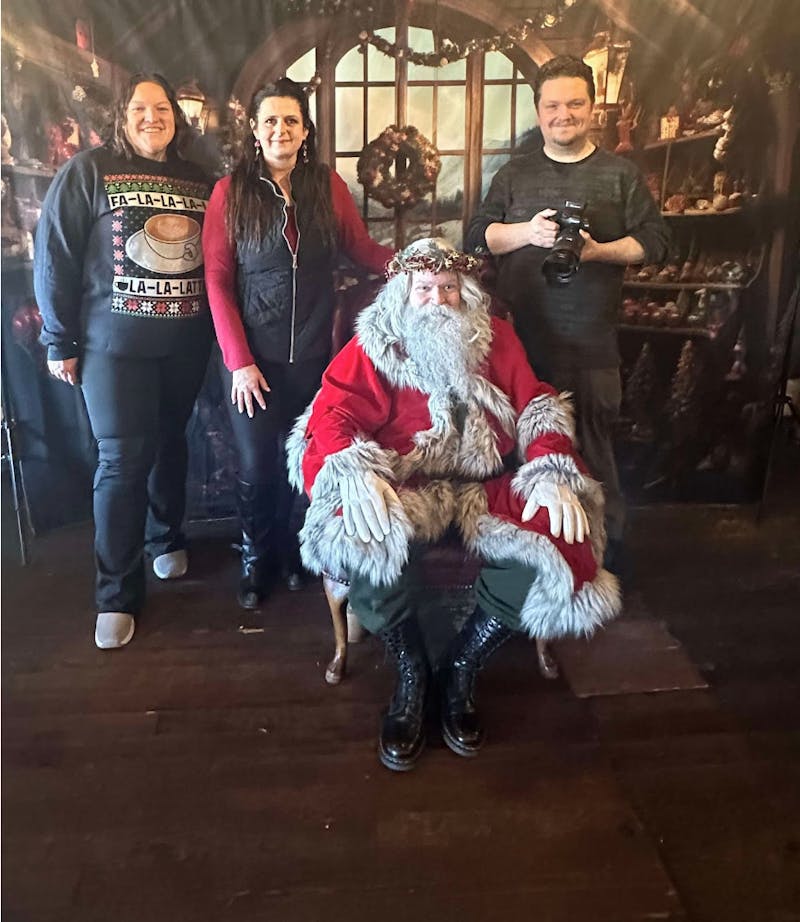
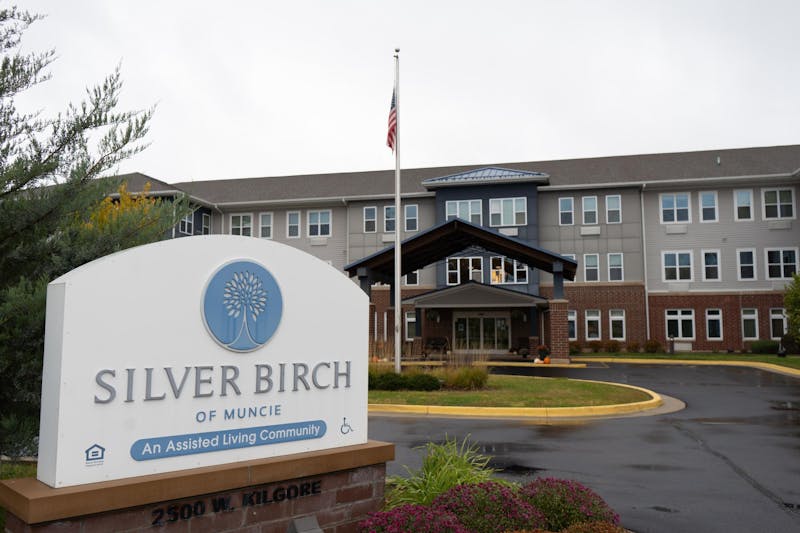
The Daily News welcomes thoughtful discussion on all of our stories, but please keep comments civil and on-topic. Read our full guidelines here.